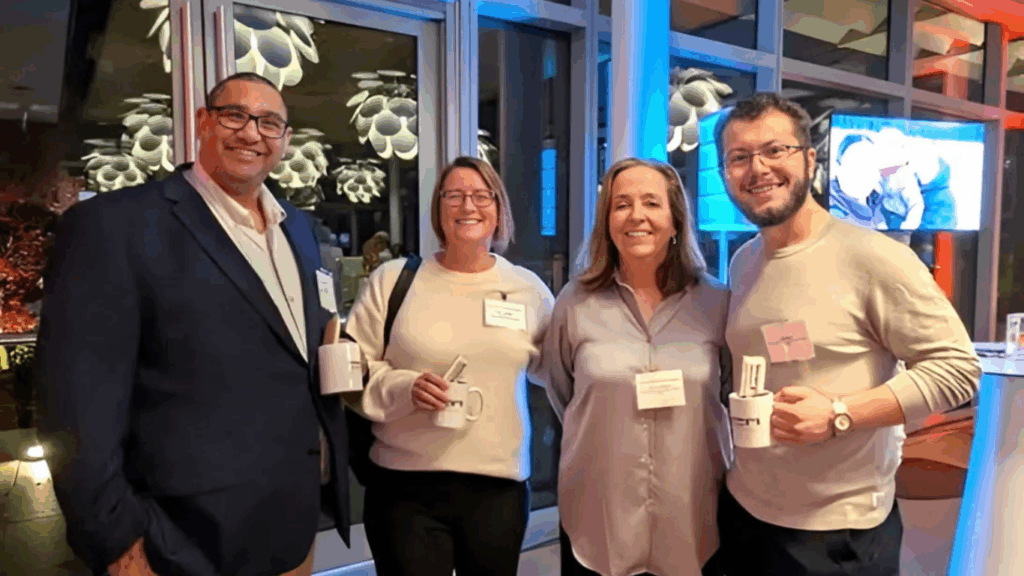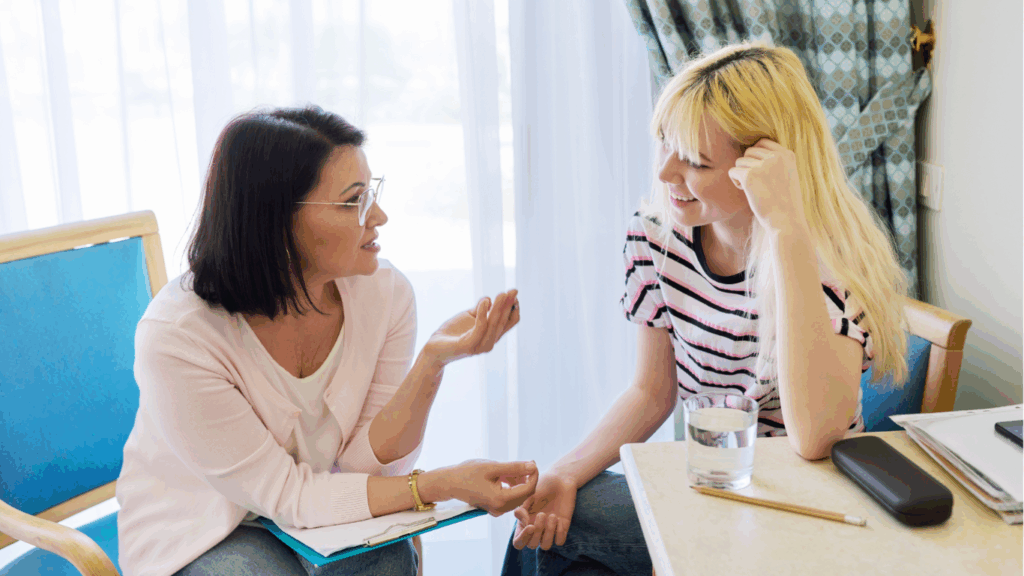The Adoption and Permanency Branch of the Ministry of Children and Family Development is responsible for the operation of five adoption registries. These registries assist members of the public who are connected to an adoption that occurred in BC or where BC was involved in an intercountry adoption. Here’s a quick overview of the role of each one.
The Post-Adoption Openness Registry
This registry is for persons involved in the adoption of a child who is still under 19 and where there is currently no openness. Birth parents, adoptive parents, and/or relatives of an adopted child can register for the opportunity to connect with one another even after an adoption order has been granted. This registry is passive, which means that both parties must register before staff can begin the work of supporting them to create an agreement.
The Openness Exchange Registry
This is where signed Openness Agreements between adoptive families and birth family members or other people connected to the child are registered. The parties to an Openness Agreement can utilize the Registry to fulfill their openness commitments at any time until the child turns 19 years of age. Parties can send letters or small gifts to the Registry, and Registry staff will forward the items, unopened, to the other party. In this way, adoptive parents and birth family members can participate in openness without sharing their personal contact information when it may not be safe to do so.
The Parents’ Registry
(originally named the Birth Father registry)
Birth parents of a child who may be placed for adoption can register with the Parents’ Registry to receive notice of adoption details, and, if appropriate, be involved in the adoption planning for their child.
The Intercountry Registry
The Intercountry Registry is the database for all intercountry adoptions taking place to and from BC. Any planning for adoption that will take a child out of Canada or bring a child into Canada must be tracked on this registry through the Office of the Provincial Director of Adoption. In addition, any planning involving the movement of a child into or out of Canada for the purpose of adoption must involve the Provincial Director of Adoption as the Central Authority for the Hague Convention on Protection of Children and Co-operation in Respect of Intercountry Adoption.
The Adoption Reunion Registry (ARR)
The Adoption Reunion Registry provides search and reunion services for individuals who are 19 years or older. There are two available options for utilizing the Registry:
ARR Passive Registry: Can be used by adoptees, birth parents, birth siblings and birth relatives. A “match” and connection between two parties is only made when both parties have registered on the Passive Registry. In each case, both parties provide consent to their contact information being shared, and the Registry social worker assists and supports the parties to make their first connection with one another. In some cases, one party may have registered many years ago (i.e. 20!) and then the person they are hoping to connect with (i.e. their birth mother, or birth child) may register now—and then the parties are connected.
ARR Active Registry: Section 71 of the Adoption Act allows adopted adults to ask for assistance to locate a birth parent, an adult adoptive sibling, or, if their birth parent is deceased, a birth sibling. It also permits birth parents to request assistance in locating an adult adopted child. The social worker responsible for the Active Registry uses government records, public information, social media, and websites like Ancestry.ca to try to connect with the person being searched for. The social worker can also contact government officials in other states and provinces, and relatives of the person being sought (without disclosing the reason for the search). If they are located, the person is asked whether they would be willing to connect with the person who is searching for them. In all cases, a search is not commenced if the person has already filed a Disclosure Veto or No-contact Declaration.
More Information visit the Adoption Reunions & Registries website.
Reprinted with permission from the Ministry of Children and Family Development, Provincial Adoption and Permanency Branch.





